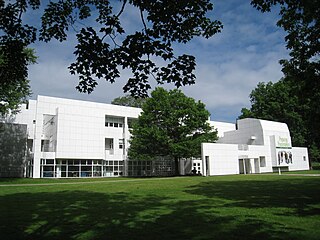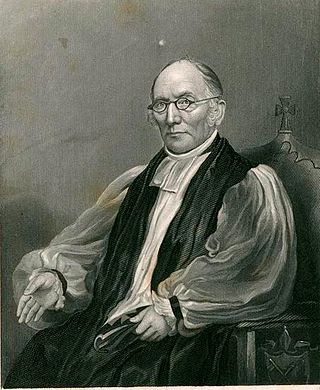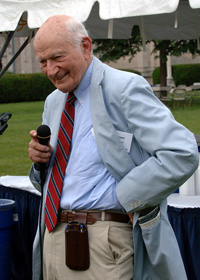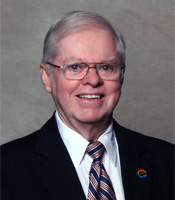Theology is the study of religious belief from a religious perspective, with a focus on the nature of divinity. It is taught as an academic discipline, typically in universities and seminaries. It occupies itself with the unique content of analyzing the supernatural, but also deals with religious epistemology, asks and seeks to answer the question of revelation. Revelation pertains to the acceptance of God, gods, or deities, as not only transcendent or above the natural world, but also willing and able to interact with the natural world and to reveal themselves to humankind.

The Graduate Theological Union (GTU) is a consortium of eight private independent American theological schools and eleven centers and affiliates. Seven of the theological schools are located in Berkeley, California. The GTU was founded in 1962 and their students can take courses at the University of California, Berkeley. Additionally, some of the GTU consortial schools are part of other California universities such as Santa Clara University and California Lutheran University. Most of the GTU consortial schools are located in the Berkeley area with the majority north of the campus in a neighborhood known as "Holy Hill" due to the cluster of GTU seminaries and centers located there.

The Chicago Theological Seminary (CTS) is a Christian ecumenical American seminary located in Chicago, Illinois, and is one of several seminaries historically affiliated with the United Church of Christ. It is the oldest institution of higher education in Chicago, originally established in 1855 under the direction of the abolitionist Stephen Peet and the Congregational Church by charter of the Illinois legislature.

Horace Bushnell was an American Congregational minister and theologian. He had a marked influence upon theology in America, and wrote various books on religion. He was also a graduate from Yale Divinity School.

Yale Divinity School (YDS) is one of the twelve graduate and professional schools of Yale University in New Haven, Connecticut.

The Hartford International University for Religion and Peace is a private theological university in Hartford, Connecticut.

Thomas Church Brownell was founder of Trinity College in Hartford, Connecticut, and Presiding Bishop of the Episcopal Church from 1852 to 1865.

The Rev. Edmond La Beaume Cherbonnier was an American scholar in the field of religious studies. He served as Professor of Religion at Trinity College, Connecticut, and as a deacon in the Episcopal Church. He is known for his work on Christianity, analyzing idolatry and distinctions between mystical and biblical thought, his efforts on developing and advancing religious studies, and for founding the Religion Department at Trinity College in 1955.
Stanley Jedidiah Samartha was an Indian theologian and a participant in inter-religious dialogue.
James A. Kowalski was the 9th dean of the Cathedral of Saint John the Divine, New York, of the Episcopal Church in New York City, the largest city in the United States. He had been Dean from April 13, 2002, until he stepped down effective June 2017.

Clement Moore Butler (1810–1890) was an Episcopal priest, author, and seminary professor who served as Chaplain of the Senate from 1850 to 1853.
Richard Lints is the Vice President for Academic Affairs and Dean of Gordon-Conwell Theological Seminary's Hamilton Campus. He is also the Andrew Mutch Distinguished Professor of Theology at Gordon-Conwell and is an author. Lints has been with Gordon-Conwell Theological Seminary since 1986.
Robert Elwin Terwilliger was a suffragan bishop of the Episcopal Diocese of Dallas.
Arthur Anton Vogel was an American author and prelate who was the fifth bishop of the Episcopal Diocese of West Missouri.

Frederick Grandy Budlong was bishop of the Episcopal Diocese of Connecticut from 1934 to 1951. Born in Camden, New York, he died in Hartford, Connecticut.
Andrew Donnan Smith was a suffragan bishop of the Episcopal Diocese of Connecticut from 1996 to 1999, and diocesan bishop from 1999 to 2010.
John Thomas Tarrant was an American bishop. He was the tenth bishop of the Episcopal Diocese of South Dakota in The Episcopal Church from 2010 to 2019.
Laura Jean Ahrens is an American prelate who currently serves as the Suffragan Bishop of Connecticut.
Thomas Winthrop Coit was an American Episcopal minister, author, and educator. He was the fifth President of Transylvania University.

Joseph Warren Hutchens was diocesan bishop of the Episcopal Diocese of Connecticut from 1971 to 1977. He had served previously as suffragan from 1961.










